Are you considering transitioning to part-time work but unsure how to approach the conversation with your employer? Crafting the right letter can make all the difference in negotiating your terms effectively. In this article, we'll guide you through the essential elements to include in your letter, ensuring your request comes across clearly and professionally. So, grab your notepad, and let's dive into how to articulate your needs while maintaining a positive relationship with your boss!

Clear Job Responsibilities
In a part-time work environment, clear job responsibilities are paramount for ensuring both employer expectations and employee performance align effectively. Defined roles often include specific tasks such as customer service (assisting clients and addressing inquiries), inventory management (tracking stock levels and ensuring products are available), and administrative duties (filing documents, scheduling appointments). Establishing clear job descriptions (detailed outlines of each position's expectations) leads to heightened accountability and productivity among employees. Regular evaluations (scheduled assessments to review performance) help maintain clarity regarding responsibilities and provide opportunities for continuous improvement. Teams within dynamic workplaces, such as retail stores or offices, benefit significantly from well-communicated expectations, fostering a collaborative and efficient environment.
Proposed Work Schedule
Proposed work schedules play a crucial role in negotiations for part-time employment, especially in dynamic industries such as retail, healthcare, or education. For instance, a proposed schedule may suggest availability on weekdays (Monday to Friday) from 4 PM to 9 PM and weekends (Saturday and Sunday) from 10 AM to 6 PM, totaling approximately 20-25 hours per week. Detailed breakdowns of hours can help clarify the intention to balance work commitments with personal obligations, ensuring efficiency in the workplace. Flexibility might be emphasized, allowing shifts to be swapped among team members, which fosters teamwork and improves service delivery. Moreover, specifying peak operational hours--like evenings for retail stores or mid-mornings for childcare services--can enhance the appeal of the proposed work schedule to employers, indicating an understanding of business needs.
Communication and Availability Expectations
When negotiating part-time work terms, clear communication regarding expectations is essential. Defining the specific hours (e.g., 20 hours per week) can help ensure both parties understand the commitment level. Discussing preferred communication channels (such as email, Slack, or phone) will help establish a fluid, efficient workflow. Availability during peak hours (e.g., Mondays from 9 AM to 12 PM) and flexibility on weekends can optimize collaboration. Additionally, outlining expected response times (for example, within 24 hours for non-urgent messages) ensures that both the employer and employee maintain a seamless exchange of information, contributing to a productive working relationship.
Adjustment to Compensation and Benefits
Negotiating part-time work terms often involves adjustments to compensation and benefits for equitable arrangements. For example, an employee working 20 hours per week may request a salary increase from the current hourly rate of $15 to $20, reflecting the increased responsibilities in the role. Furthermore, benefits such as health insurance, which usually apply to full-time employees, may be sought by part-time workers who contribute at least 30 hours weekly. Proposing flexible scheduling options to accommodate personal commitments while still meeting job expectations can enhance job satisfaction. Discussing professional development opportunities like training programs or workshops can also be advantageous for career growth, benefiting both the employee and the employer.
Performance Metrics and Evaluation
Part-time employment often involves specific performance metrics that determine job effectiveness and overall contribution. Key performance indicators (KPIs) such as productivity rates (output per hour), quality of work (accuracy and attention to detail), and attendance (punctuality and reliability) play a critical role in evaluating part-time employees. Effective evaluation methods may include regular performance reviews (quarterly or bi-annual), feedback sessions, and self-assessment opportunities, which help align expectations and identify areas for improvement. Additionally, establishing clear communication channels and setting specific, measurable goals can enhance the performance evaluation process for part-time roles in various industries, including retail, customer service, and administrative support.


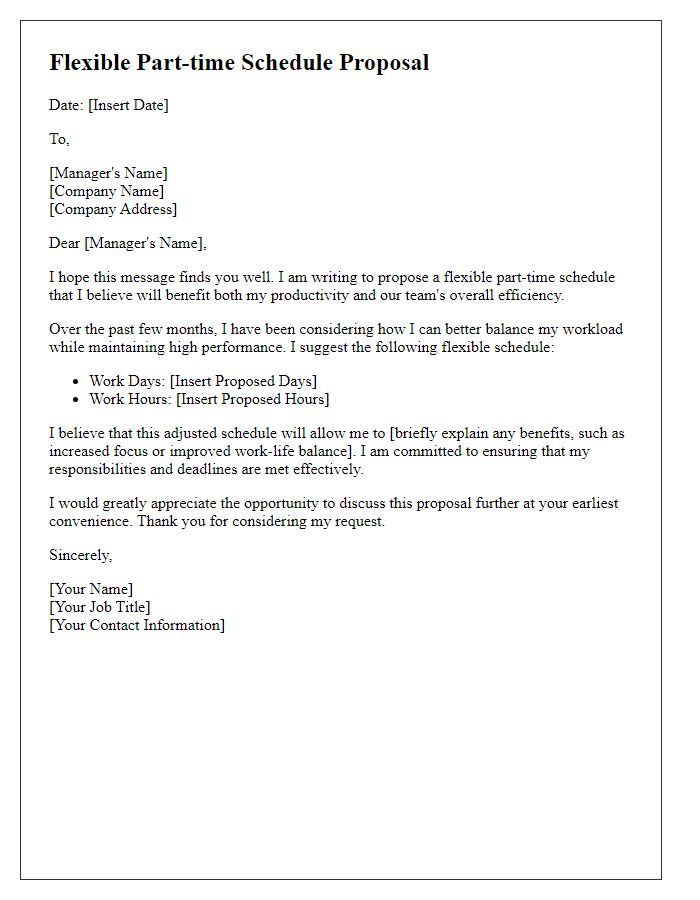
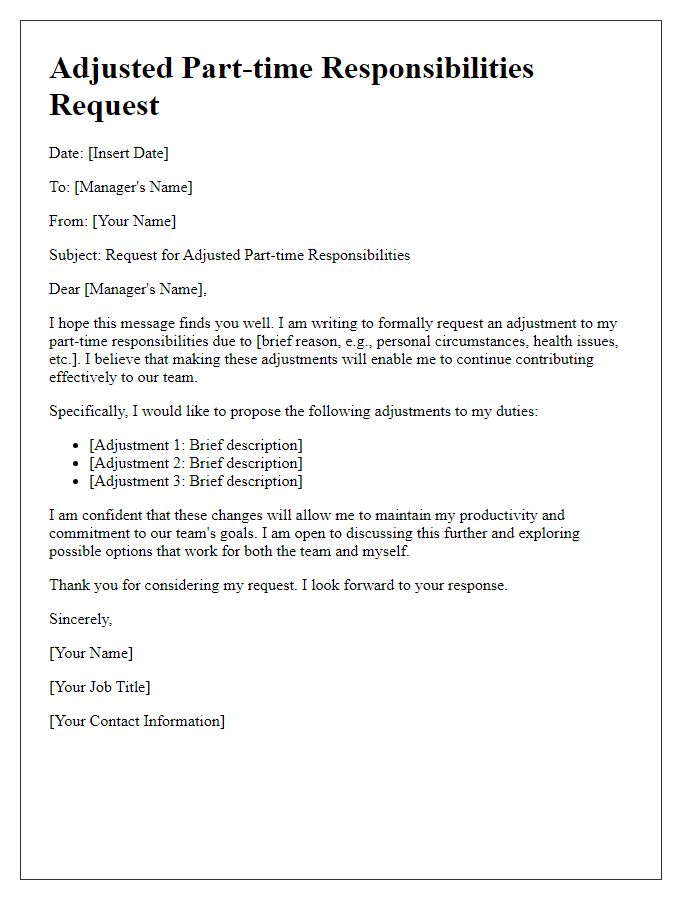
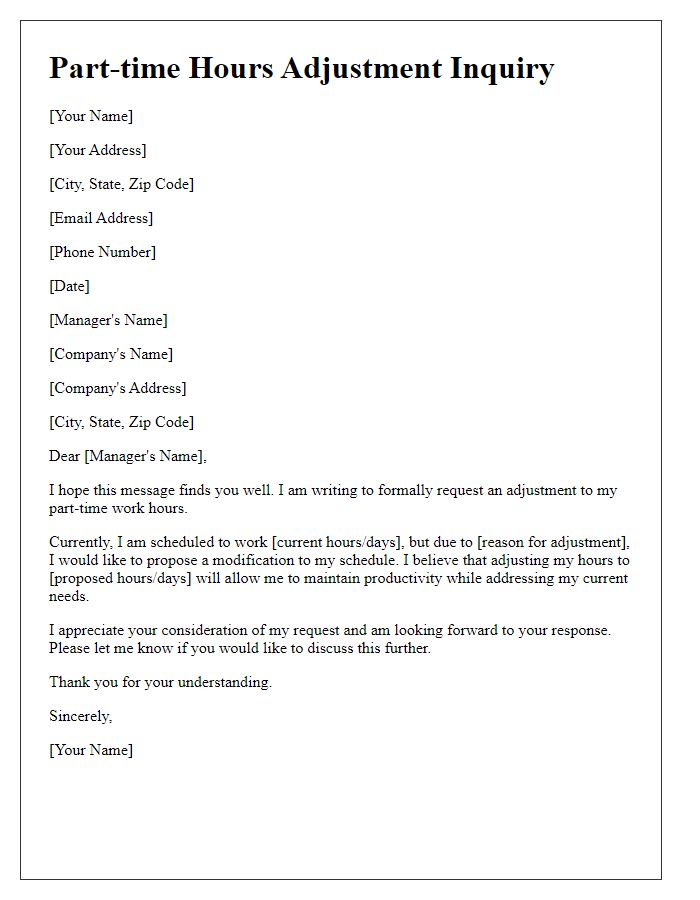
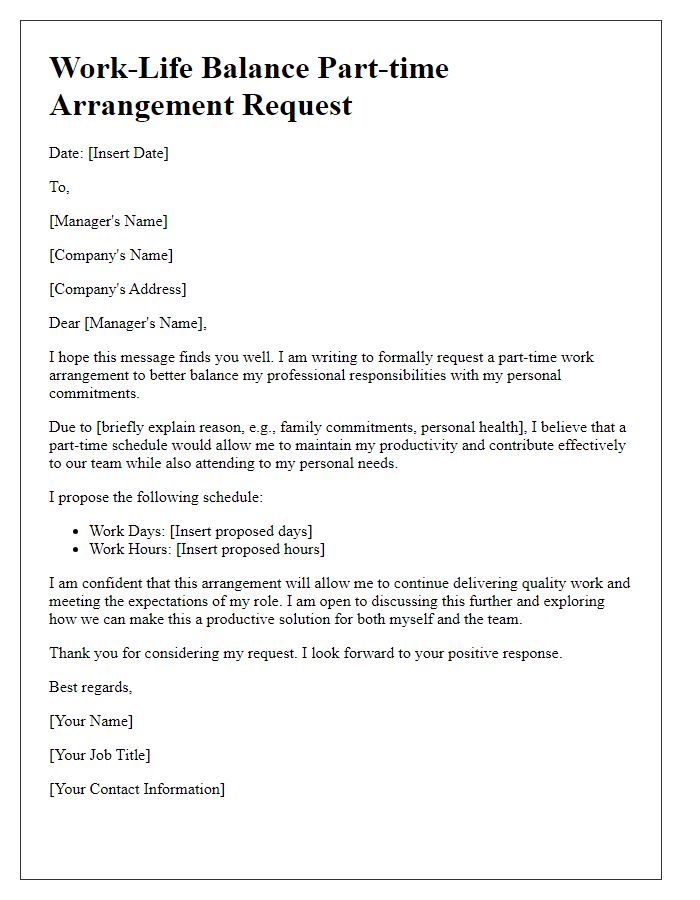
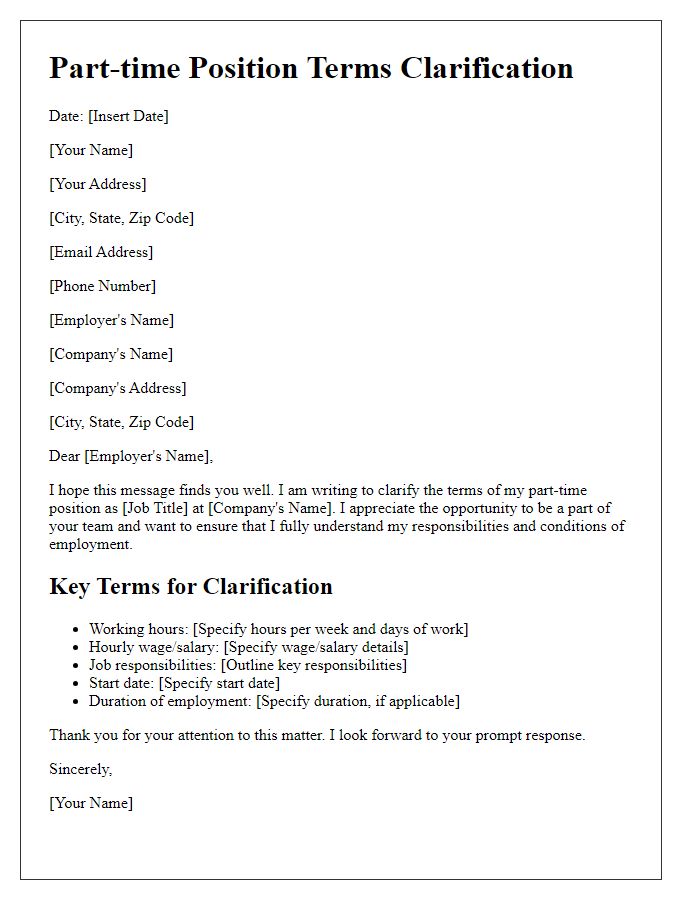
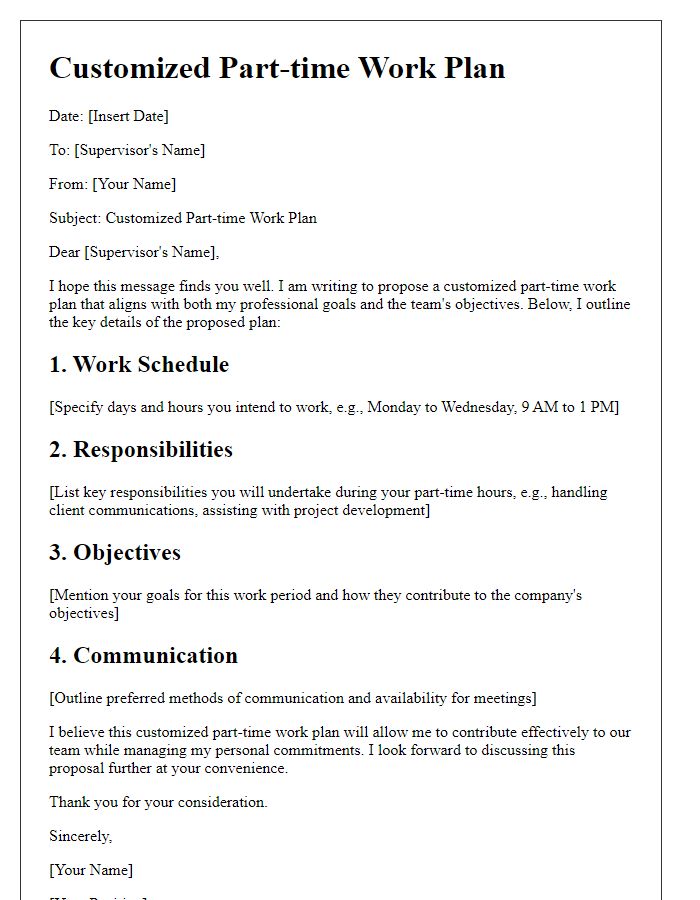
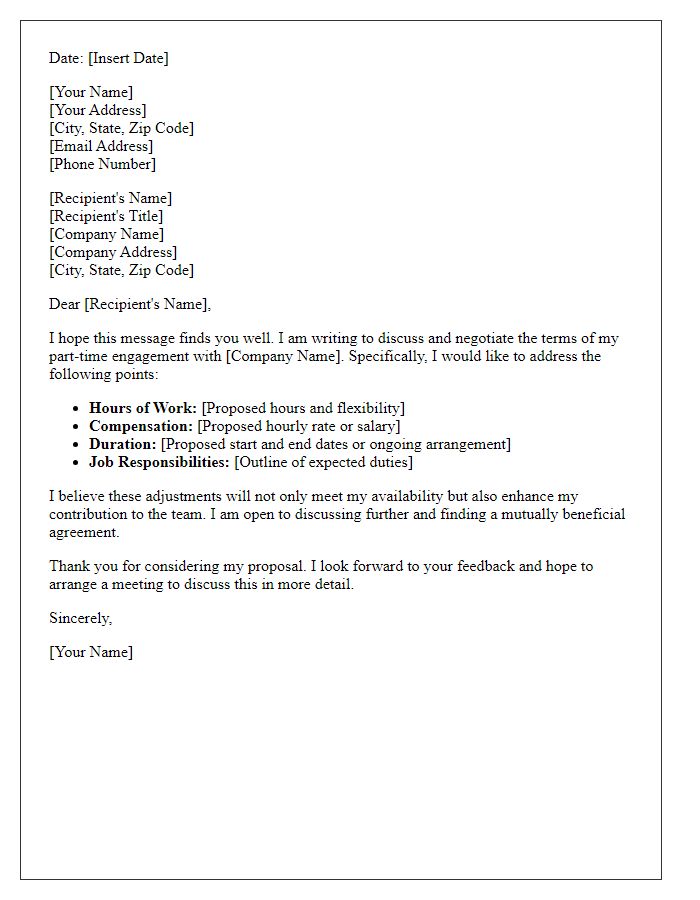
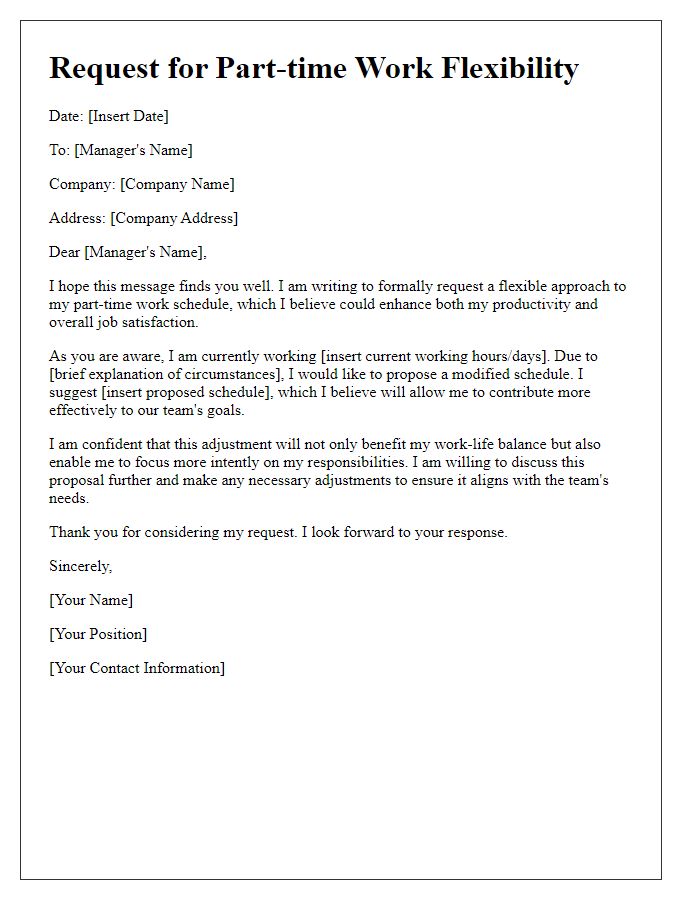



Comments